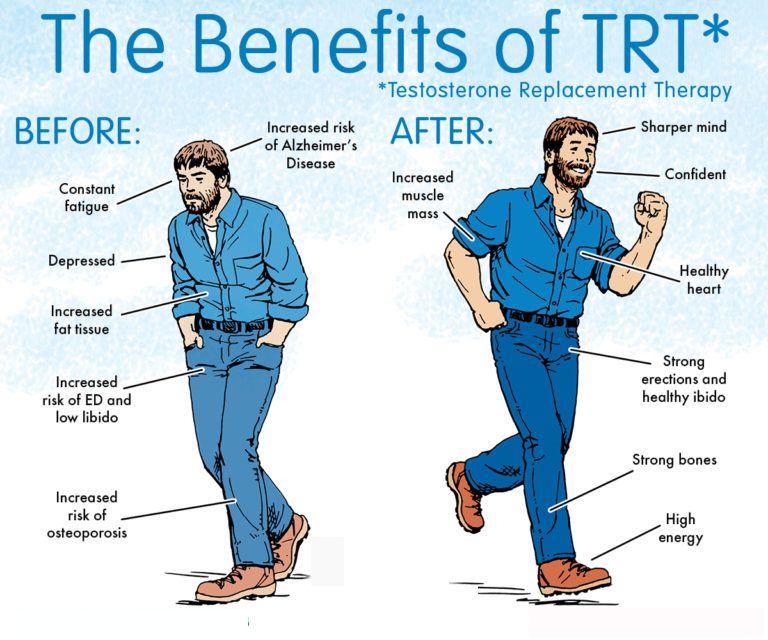
As people age, their bodies undergo many changes, including a decrease in hormone production. One of the hormones that declines with age is testosterone. Testosterone is an essential hormone for both men and women. It plays a vital role in maintaining muscle mass, bone density, and sexual function. As testosterone levels decrease, the body becomes more susceptible to a wide range of health problems, including heart disease, diabetes, and obesity.
Peptides are small molecules made up of amino acids that act as signaling molecules in the body. They can influence many physiological processes, including cell growth, tissue repair, and hormone regulation. Recently, peptides have gained attention as a potential tool for anti-aging therapy, and research has shown that peptides can help increase testosterone levels and provide many other anti-aging benefits.
Benefits of Testosterone for Anti-Aging:
1 . Muscle Mass and Strength: Testosterone plays a crucial role in maintaining muscle mass and strength. As testosterone levels decline with age, muscle mass and strength decrease, which can lead to an increased risk of falls and fractures. By increasing testosterone levels, individuals can improve their muscle mass and strength, allowing them to maintain their physical function and independence.
2. Bone Density: Testosterone is important for maintaining bone density. Low testosterone levels are associated with an increased risk of osteoporosis and fractures. By increasing testosterone levels, individuals can improve their bone density and reduce their risk of fractures.
3. Sexual Function: Testosterone is an essential hormone for both male and female sexual function. As testosterone levels decline with age, sexual desire, and function can decrease. By increasing testosterone levels, individuals can improve their sexual function and desire.
4. Cardiovascular Health: Testosterone is essential for cardiovascular health. Low testosterone levels are associated with an increased risk of heart disease and stroke. By increasing testosterone levels, individuals can improve their cardiovascular health and reduce their risk of heart disease and stroke.
Benefits of Peptides for Anti-Aging:
1. Improved Skin Health: Peptides can help improve skin health by stimulating collagen production. Collagen is essential for healthy, youthful-looking skin. Peptides can help improve skin elasticity and reduce the appearance of fine lines and wrinkles.
2. Improved Immune Function: Peptides can help improve immune function by stimulating the production of white blood cells. White blood cells are essential for fighting off infections and diseases. By improving immune function, individuals can reduce their risk of infection and disease.
3. Increased Energy and Stamina: Peptides can help increase energy and stamina by improving mitochondrial function. Mitochondria are the powerhouses of the cells and are responsible for producing energy. By improving mitochondrial function, individuals can increase their energy levels and improve their physical performance.
4. Anti-Inflammatory: Peptides can have anti-inflammatory effects, which can help reduce the risk of chronic inflammation. Chronic inflammation is associated with a wide range of health problems, including heart disease, cancer, and diabetes.
Conclusion
Testosterone and peptides can provide many anti-aging benefits. By increasing testosterone levels, individuals can improve their muscle mass and strength, bone density, sexual function, and cardiovascular health. Peptides can help improve skin health, immune function, energy, and stamina, and have anti-inflammatory effects. While testosterone and peptides can provide many benefits, it is important to work with a healthcare provider to ensure safe and effective use. With the proper use of testosterone and peptides, individuals can improve their quality of life and maintain their health and vitality as they age.